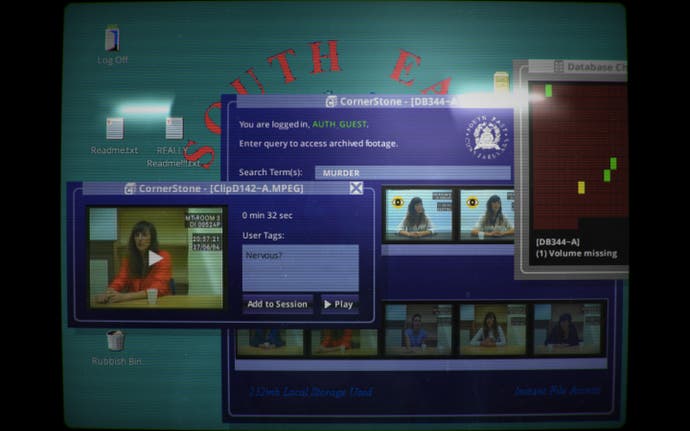Someone should make a game about: book indexes
A to Z.
I always find myself in the index. Not in the traditional sense, of course; not under D. But just in the index, rooting around, reading across the text, hunting, tracking, losing threads and making discoveries.
Who doesn't love an index? I remember reading once that when indexes were first invented, the idea was so novel that there had to be introductory text explaining how the index actually worked, how it was arranged and what its purpose was. Surprise upon surprise: a while back I discovered that there are people who make their livings creating indexes - indices? - for books, and that the cost of an index must often be handled by the author.
Not all books need an index, but they always bring out the same side of me - the obsessive. Since university, indexes are a place to be reminded of my shifting fascinations. For years I always looked up a favourite author, whoever that was at the time. Hopeful paging: does Melville get a nod? Parker? Anything about Reed? For a while, when I was reading a lot of medical literature, I always looked up multiple sclerosis - a form of looking for myself, I guess - and was always quietly hurt when it didn't get a nod.

Now I tend to look up painters and chefs. Any Velazquez? Any Grant Achatz? But indexes are not just for tracking personal fascinations. Stick with them and they can reveal things about an entire work - and not just where to find specific bits of it. An index can uncover the hidden bias of a text, the slant of it. What isn't in the index? What is in the index too much? Sometimes, there are whole plots and counterplots in an index - in a biography the subject's name will often provide a neat precis of the entire book, with page references - but there can also be something interesting to be spotted in the way that subjects cluster or scatter, little constellations of ideas. 34-37, but also 249? 249n? Just a footnote?
I imagine game designers spend a lot of time working out how to organise and deliver information. They think about how to structure menus, how to reveal upgrade paths, how to order tutorials. It makes sense, I guess, that when games are actually about how to organise information it turns out to be such a natural fit. HerStory! That was a game about sifting through information and trying to find threads. It was thrilling, and a flip through any index suggests that it was just the start of something really promising. What if you didn't have the text? What if you didn't have the option to read from the start to the end. What if you just had the index? What might you find in there and what might you do with it?

